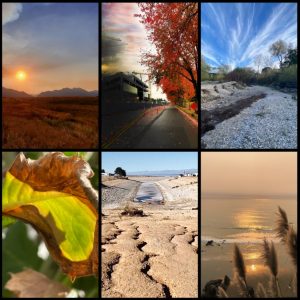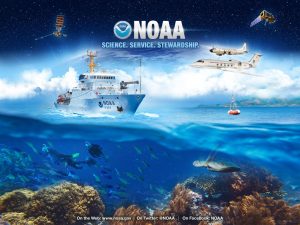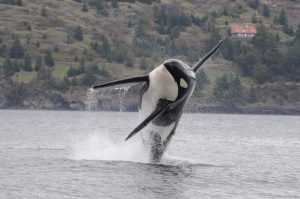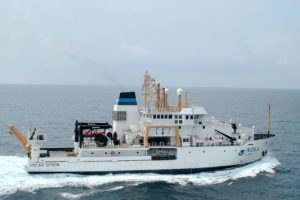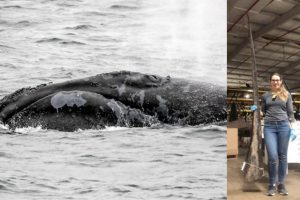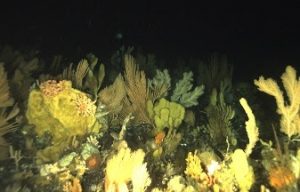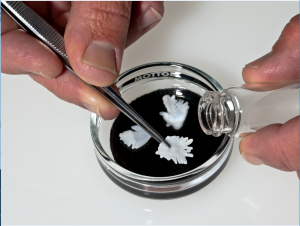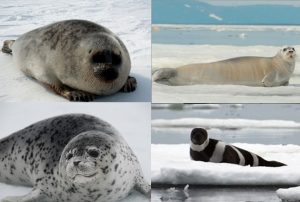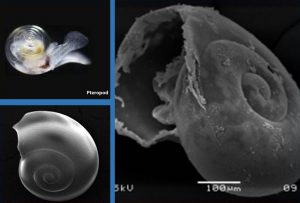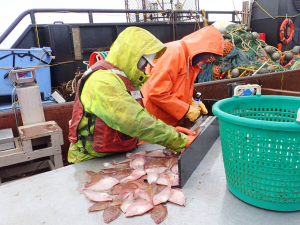Picture Climate Change: A glimpse at climate change in the west through the lens of American youth
NOAA West Regional Team The NOAA West Regional Team will showcase the winners of NOAA’s “Picture Climate Change” Student Photo Contest during this NOAA Live! 4 Kids Event! NOAA challenged students in fifth through twelfth grade from all U.S. states and territories to help NOAA understand how climate change has impacted them, their family,…
Read MoreHelp from above – using planes, drones, and satellites to study and protect plants and animals **Smithsonian National Air and Space Museum NOAA Family Day**
NOAA Live! All Stars: Katie Sweeney, NOAA’s Alaska Fisheries Science Center in Seattle, WA Allison Henry, NOAA’s Northeast Fisheries Science Center in Woods Hole, MA Brandon Krumwiede, NOAA’s Office for Coastal Management in Duluth, MN Jennifer Stock, NOAA’s Cordell Bank National Marine Sanctuary in Point Reyes, CA In partnership with the Smithsonian National Air and Space Museum. This…
Read MoreKiller Whale Tales: Environmental Science through Storytelling
Lynne Barre, NOAA Fisheries West Coast Regional Office and Jeff Hogan, Killer Whale Tales in Seattle, WA How can you help recover endangered orcas? Join Lynne Barre, NOAA’s Recovery Coordinator for endangered killer whales, and Jeff Hogan, Executive Director of Killer Whale Tales, to learn about the Southern Resident population of killer whales, the challenges…
Read MoreNorthern Exposure: a NOAA Corps Officer’s Work in Alaska
Commander Sarah Duncan, NOAA’s Pacific Marine Environmental Laboratory in Seattle, WA What is a NOAA Corps officer and what do they do for NOAA? Come find out by following CDR Sarah Duncan from the training academy to her work in Alaska on the NOAA ship Oscar Dyson! Resources to access at home: » NOAA Office…
Read MoreNeedle in a haystack: Studying the world’s rarest large whale
Dana Wright, University of Washington, Cooperative Institute for Climate, Ocean, and Ecosystem Studies (CICOES) and Duke University Marine Laboratory, working with NOAA Fisheries Alaska Fisheries Science Center in Seattle, WA How does one study the rarest whale on earth in one of the most remote places in the ocean? Come learn how scientists use a…
Read MoreCold Dark Secrets: Discovering Alaska’s Deep-Sea Corals and Sponges
Pam Goddard, Vanessa Lowe, Rachel Wilborn, Pat Malecha, and Jerry Hoff at NOAA Fisheries Alaska Fisheries Science Center in Seattle, WA Did you know that corals live in the deep, cold waters of Alaska? Come learn about deep-sea corals and sponges, and their importance for underwater communities in Alaska. We will talk about how we…
Read MoreHow Old Is That Fish? And What Fish Ear Stones Can Tell Us
Craig Kastelle, NOAA Fisheries Alaska Fisheries Science Center in Seattle, WA What does a fish use its otoliths (ear stones) for and what can we learn from them? Join us to learn how we can tell how old a fish is, and other ways that scientists can use otoliths to study fish. Resources to access…
Read MoreThat’s the Seal-iest Thing I’ve Heard: Studying Ice Seals in Alaska
Erin Moreland, Cynthia Christman, and Heather Ziel, from NOAA Fisheries Alaska Fisheries Science Center in Seattle, WA What are ice seals and how do we study them? Join researchers from the Polar Ecosystems Program at NOAA Fisheries’ Alaska Fisheries Science Center to learn about bearded, ringed, spotted, and ribbon seals in Alaska and the methods…
Read MoreIt’s Not Easy Being Shelled: The Ocean Acidification Blues
Meg Chadsey, NOAA’s Washington Sea Grant and the NOAA Pacific Marine Environmental Lab in Seattle, WA Excess carbon dioxide (CO2) isn’t just warming the planet; it’s also reacting with seawater and making the oceans more corrosive—a process known as ocean acidification. This slight increase in acidity doesn’t change the way the ocean looks or feels…
Read MoreSome Like It Hot, Some Like It Cold: Monitoring Fish and Ecosystems With Bottom Trawl Surveys in Alaska
Sean Rohan from NOAA Fisheries Alaska Fisheries Science Center in Seattle, WA How do bottom trawl surveys help monitor fish populations and ecosystems in Alaska? Learn about the diverse marine life we see, the data we collect, and what it’s like to be a scientist at sea. Resources to access at home: » Fishing Gear:…
Read More
